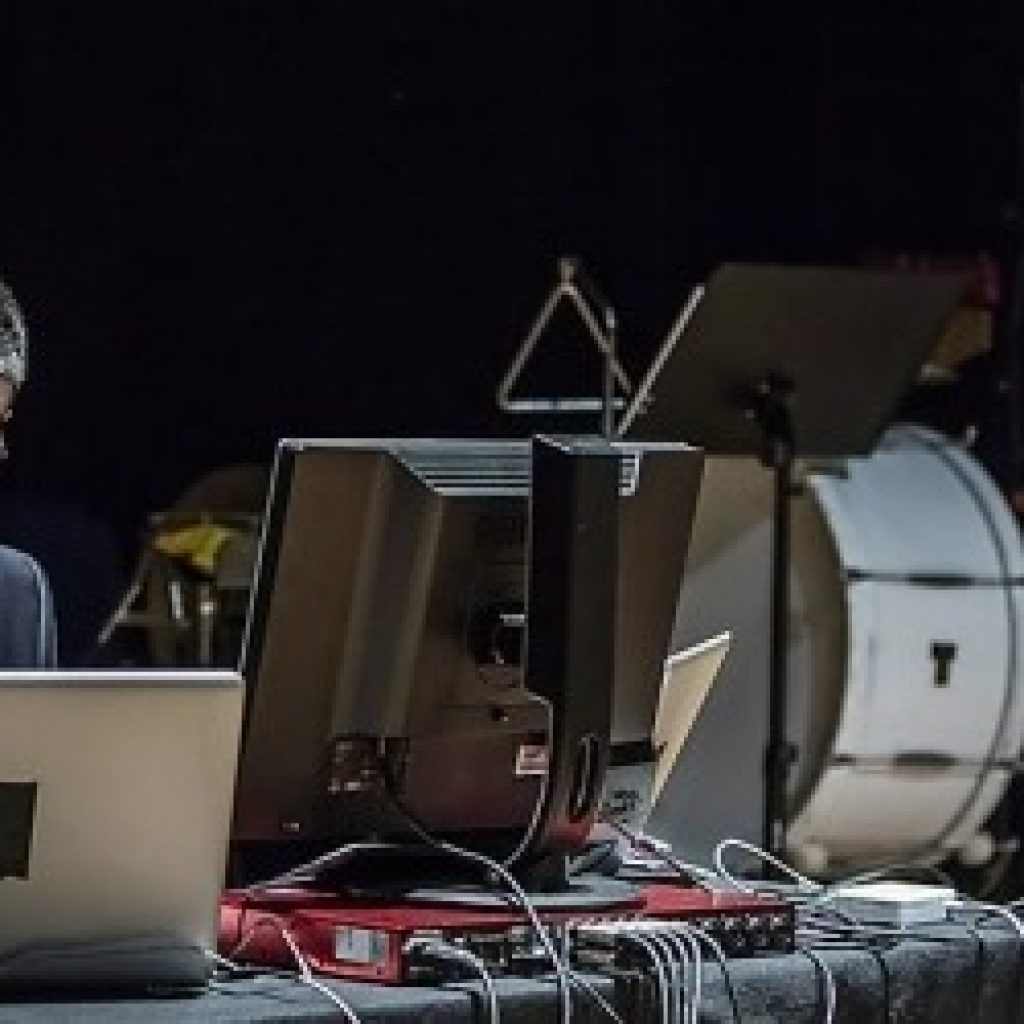(HPCWire) A collaboration between the Universities of Plymouth and Oxford will develop QuTune, a bespoke Quantum Computing programming toolbox to help musicians engage with the emerging – and transformative – technology.
Working with industry experts at Spotify, inMusic and Rigetti Computing, the team will run demonstration sessions of QuTune with the intention of creating a quantum-ready, technology-savvy community of early adopters.
The 12-month, £200,000 study, funded mainly by the UK National Quantum Technologies Programme, aims to prepare the ground for a much larger and longer-term project that will seek to widen the range of applications of QC technology in the music industry.
Professor Eduardo Miranda, Head of the Interdisciplinary Centre for Computer Music Research (ICCMR) at Plymouth, and lead investigator, said: “The UK government has made clear its ambitions for a competitive quantum industry in our future economy. In order to realise this, however, it must enlarge the range of applications for the technology, forge new markets and develop a quantum-ready workforce. The music industry, which contributes more than £5bn to the UK economy, is heavily dependent upon computers and so the potential impact of next-generation quantum technology is likely to be profound.”
Quantum computing brings to music two advantages that classical computing cannot – new methods of creativity and vastly quicker algorithms. Both of these elements will be explored in QuTunes, which will be an open source programming toolbox, complete with tutorials and demonstrations.
Researchers to Investigate Quantum Computing for the Music Industry
